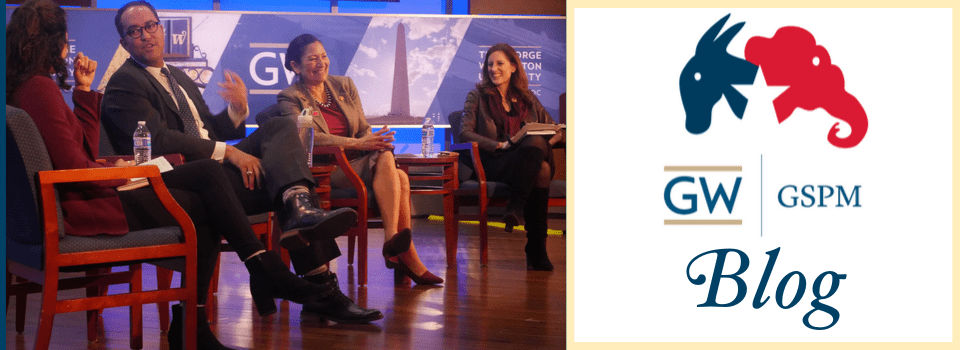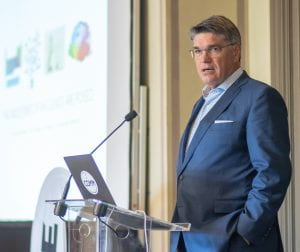Very recently, a wonderful, bright, seemingly “all-put-together” student told me she was suffering from imposter syndrome. It made me sad to hear because I thought to myself if this student is feeling like that, I imagine many others are as well. So, I was inspired to write this blog so that others suffering from imposter syndrome know that they are not alone and they should not suffer in silence about it.
What is imposter syndrome anyway?
Harvard Business Review defines imposter syndrome as a “feeling that you do not deserve your job despite all of your accomplishments in the workplace and hold back from taking risks for fear of failure”. You may feel as though you are a fraud. An example of imposter syndrome is you may have just received a promotion and all of a sudden you are a “Vice President”, and your mom or dad never even had that title or salary.
What are some signs of imposter syndrome?
- You feel like a fake
- You feel that you just “lucked out”
- You say to yourself … “if I can do it, anyone can”
- You beat yourself up over even the smallest things
- You cannot accept praise or compliments
- You have a lot of self-doubt
How to handle feelings that you are an imposter?
- Learn to focus on your strengths and weaknesses
- Learn to forgive yourself and know that many others feel the same way you do
- Strive for your best --not perfection
- Talk it out. Don’t suffer in silence. Find a friend/trusted colleague to talk to about your feelings
Some famous people who have stated they have suffered from imposter syndrome:
- Tom Hanks
- Sheryl Sandberg
- Lady Gaga
- Howard Schultz
- Justice Sonia Sotomayor
- Tina Fey
According to the BBC, imposter syndrome tends to hit women and people of color harder because corporate boardrooms and organizations have historically been ruled by white men who maintained "good ol' boy" networks and excluded others who did not look like themselves. We all need to see people like ourselves in positions we strive to attain.
Yes, it takes work to help deal with feeling like an imposter in the workplace. By doing your best, talking to others, not beating yourself up, and taking it one day at a time, we can move forward together and listen to our internal positive talk to drown out some of the negative feelings and bad chatter. The pandemic has hit everyone in different ways and has been much worse for some than others. Try to start every day with a positive thought, prayer, meditation, or feeling. As we gain more and more experience, we can all work to deflect feelings of being an imposter. Be kind to yourselves. Know that you are not alone.


